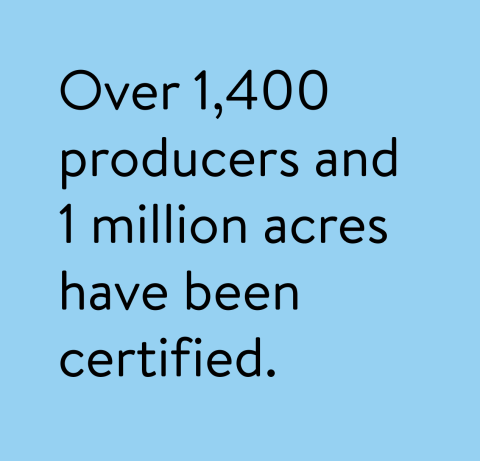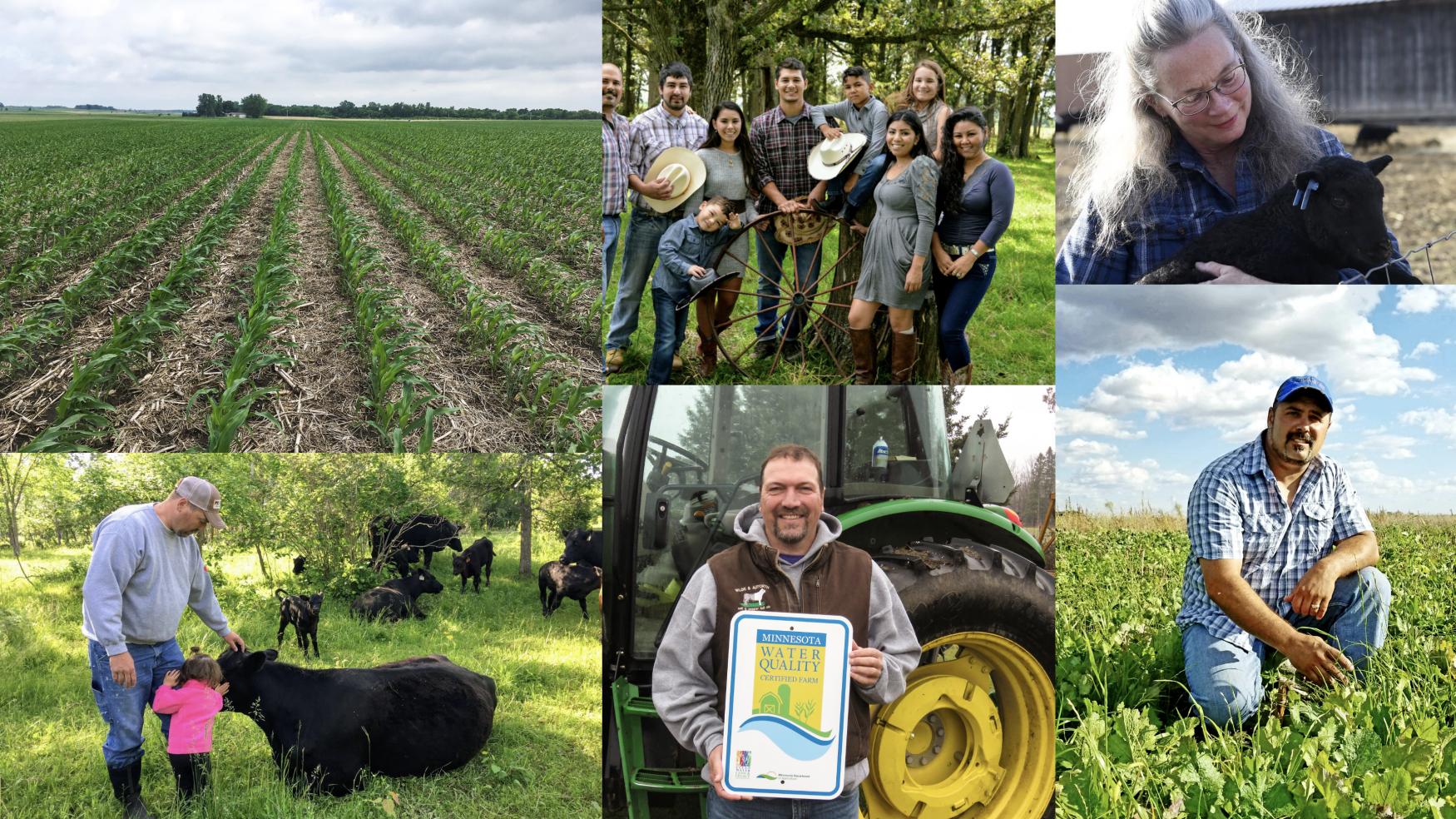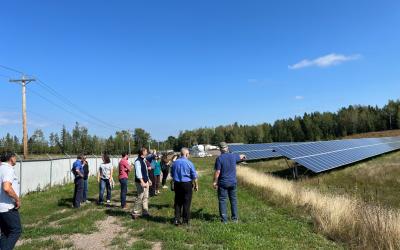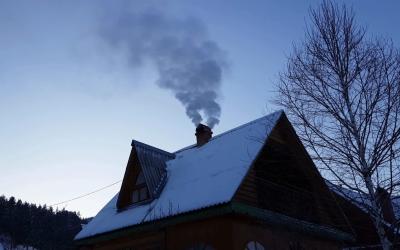Farms that complete the certification program reduce more than 50,000 CO2-equivalent metric tonnes of emissions per year.
The Minnesota Agricultural Water Quality Certification Program (MAWQCP) is a voluntary opportunity for farmers to implement conservation practices that protect our water, soil, and wildlife, while reducing emissions. The MAWQCP partners with the Minnesota Pollution Control Agency (MPCA) to quantify estimated greenhouse gas emission reductions from 21 agricultural practices. These range from changing land use and cropping practices to nutrient reduction.

Between 50-60% of the new water quality practices implemented by certified growers are climate practices identified by MPCA. For applicable practices implemented through MAWQCP-certification, the average emission reduction is 37 tons per practice per year. All combined these achieve the equivalent of removing 8,000 passenger vehicles from Minnesota’s roads each year.
The certification process assesses a farm’s fields and cropping systems per an environmental standard based on the farm’s water quality risk assessment. MAWQCP also promotes climate smart farming practices, which increase carbon storage necessary for sequestration. The Climate Smart Farm Endorsement builds upon the criteria established in the certification assessment process and recognizes producers who implement practices that reduce greenhouse gas emissions and sequester carbon. It is also an opportunity for producers to explore practices that qualify for agricultural carbon markets. Producers who achieve this endorsement are eligible for a $1,000 payment. More than 140 producers have achieved the Climate Smart Farm Endorsement.
Five endorsements are available to farmers enrolled in the program for implementing measures that enhance wildlife habitat, soil health, irrigation water management, climate smart practices, and integrated pest management.
More information: Minnesota Agricultural Water Quality Certification Program (MDA)



